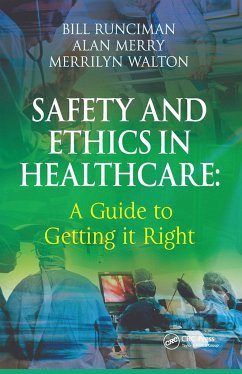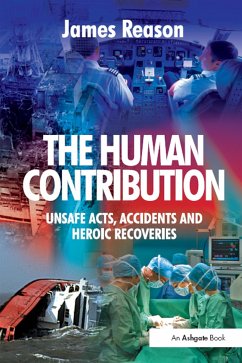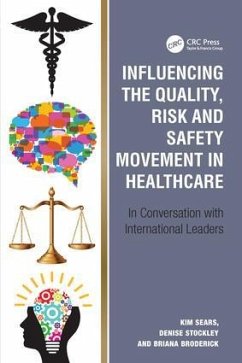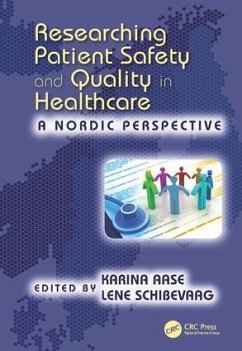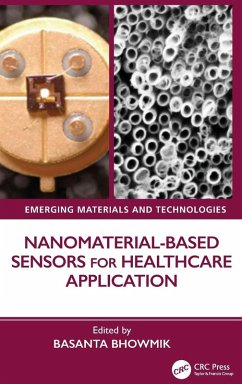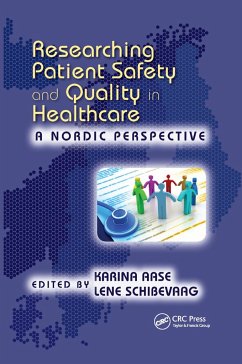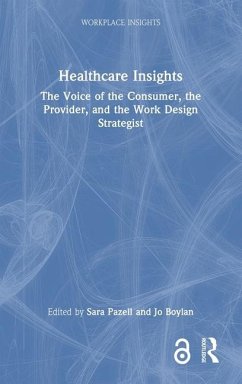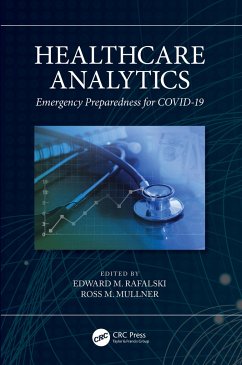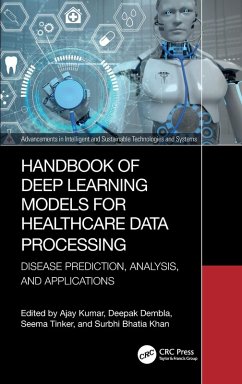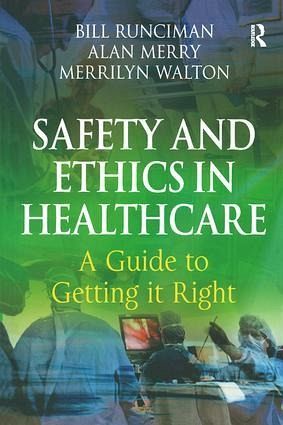
Safety and Ethics in Healthcare
A Guide to Getting it Right
Versandkostenfrei!
Versandfertig in 1-2 Wochen
63,99 €
inkl. MwSt.
Weitere Ausgaben:

PAYBACK Punkte
32 °P sammeln!
As more and more people survive into old age, the burden of caring for them becomes greater and greater. Although it is now possible to alleviate many of the afflictions that beset mankind, no society can afford to pay for all the healthcare that is now available or technically possible. People working in healthcare increasingly have to do more with less. Rationing takes many forms, mostly covert, and the less privileged in most societies end up struggling to get their proper share of the available healthcare resources. All too often, those in the front-line have to deal with the consequences ...
As more and more people survive into old age, the burden of caring for them becomes greater and greater. Although it is now possible to alleviate many of the afflictions that beset mankind, no society can afford to pay for all the healthcare that is now available or technically possible. People working in healthcare increasingly have to do more with less. Rationing takes many forms, mostly covert, and the less privileged in most societies end up struggling to get their proper share of the available healthcare resources. All too often, those in the front-line have to deal with the consequences of this 'rationing by default': healthcare professionals find themselves rushed off their feet simply doing the basic tasks and completing all the paperwork; placing frail, sick people in ever lengthening queues, sometimes asking them to wait for hours in the middle of the night under uncomfortable and even unsafe conditions; and, worst of all, working under conditions they would rather avoid in which the safety margin for those they are caring for has been greatly diminished. We are all aware that under these conditions the chance of making a mistake which can seriously harm or even lead to the death of a patient is greatly increased. But what can be done about this? How can you be sure that you are doing the right thing when faced with having to practise an uncertain science on vulnerable patients in a complex system under ever-changing conditions? At what point could you cross the invisible line from reasonable to irresponsible or unethical behaviour by tolerating conditions or tacitly accepting practices which may be regarded as unacceptable, even though you may have little immediate control over them? This book is a guide to getting it right for healthcare professionals. It is about doing the right thing, in the right way, at the right time, for the right people. These are the dimensions of quality in healthcare, and although some are in conflict (equitable access and efficiency, for example), adherence to ethical practice and professional behaviour will help lead healthcare practitioners through the minefield of responsibilities and priorities. Real-life situations are integral to the book, with over 500 clinical examples referred to within the text.





